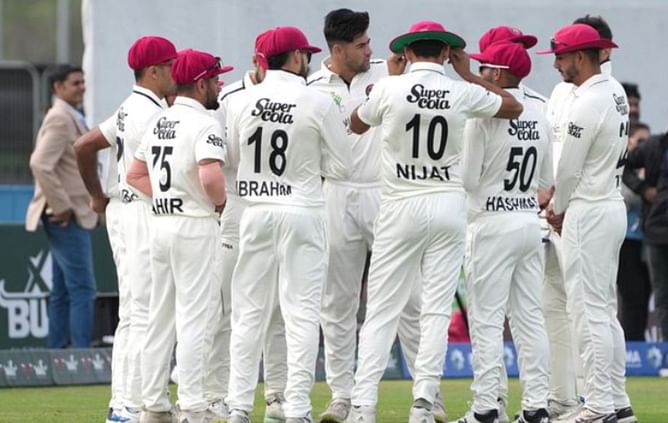About IRE vs AFG 2024
Ireland will play Afghanistan in a five-match Twenty20 International series in 2022. The series will run from August 9 to August 17, 2022. All of the IRE vs AFG matches will be held at Stormont in Belfast.
In January of last year, these two teams competed in a similar series in Abu Dhabi. Three One-Day Internationals were played in the series, with Ireland losing all three matches against Afghanistan (3-0)
